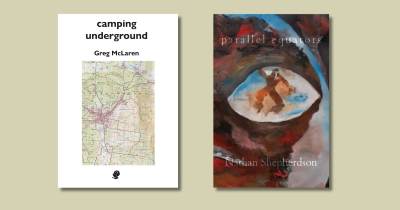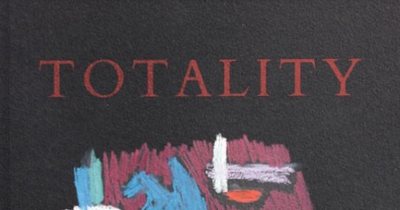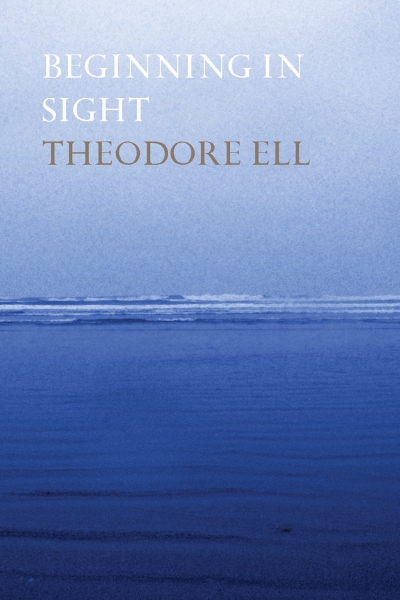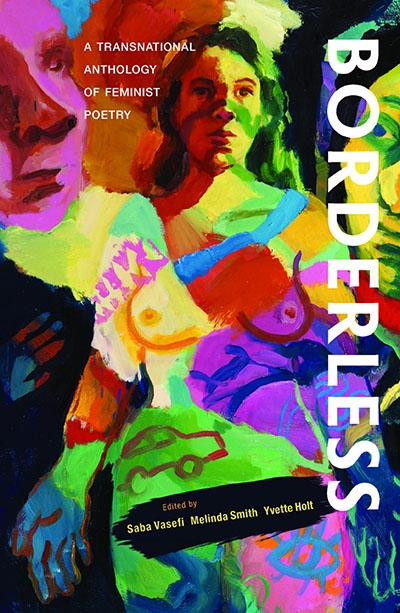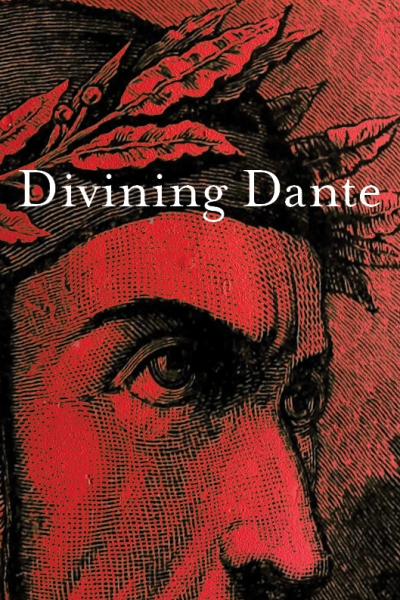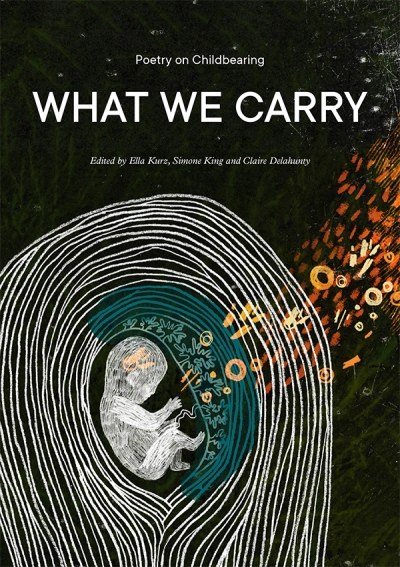Recent Work Press
parallel equators by Nathan Shepherdson & camping underground by Greg McLaren
Ragged Disclosures by Paul Hetherington & Dancing with Stephen Hawking by John Foulcher
Beginning in Sight by Theodore Ell & Trap Landscape by Nicholas Powell
Borderless: A transnational anthology of feminist poetry edited by Saba Vasefi, Melinda Smith, and Yvette Holt
Paige Clark’s She Is Haunted (Allen & Unwin, $29.99 pb, 264 pp) opens with the story ‘Elizabeth Kübler-Ross’, a title that alludes to the five stages of grief – denial, anger, bargaining, depression, and acceptance – that inform the rest of her début collection. Clark doesn’t explain why the narrator feels anxious about the survival of her unborn child and its father. The reader is left to assume that the prospect of too much undeserved happiness impels her to embark on a series of amusing and escalating bargains with a capricious God. That the narrator bears the losses with equanimity is indicative of the deadpan humour with which Clark deflects serious matters.
... (read more)I was surprised by the title of Melbourne-based Anne Elvey’s recent collection, Obligations of Voice (Recent Work Press, $19.95 pb, 89 pp). Though quite a mouthful, it’s bravely deliberate; Elvey wants you to slowly voice and feel the syllables. Several poems centre on the mouth or lips for political, theological, even surrealist ends. The poem ‘Afternoon Tea, Seaford Beach Café’ begins with the line ‘A woman stands’. Floating in the right margin is the phrase ‘at the back of a throat’. These fragments coalesce to describe the woman’s mouth or the mouth she’s lodged in. Breathing and ‘charcoal’ gums are collaged with the ‘Dark // corrugations’ and the landscape of the sea. The last line surprises by changing tack: ‘A skiff // bounces on a swell.’ This clipped linguistic dexterity, with a flash of painterly movement, characterises Elvey’s nuance and facility.
... (read more)
